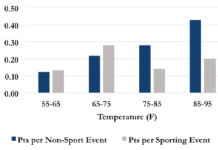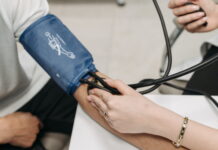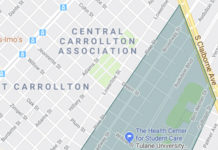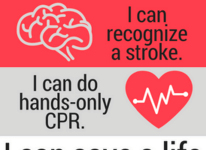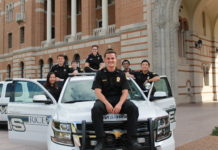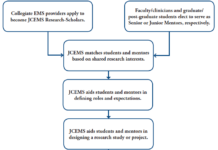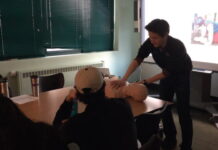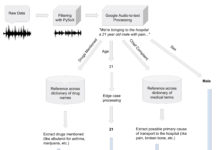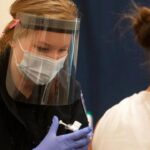EMS Resource Utilization at College Campus Mass Gathering Events
This study aimed to examine EMS utilization during mass gathering events at an urban university with a collegiate-based EMS agency. Findings suggest that college event planners can potentially utilize event and weather features to predict EMS resource utilization.
The Relative Importance of Vital Signs in Campus-Based Emergency Services
This study examined the vital signs of patients of the University of Texas at Dallas' BLS response team and compared them to established standards of upgrading to ALS.
Free of Charge: Analysis of an Urban Collegiate EMS Agency
Herman et al. conducted a retrospective review of itemized billing forms from Tulane EMS. The financial costs saved by students due to the availability of Tulane EMS were estimated.
Determinants of Volunteer Collegiate-Based Emergency Medical Service Budget Size
This unique study examines determinants of budget size and budget sources for a cross-section of collegiate EMS agencies.
Cardiac Health and Stroke Awareness Month (CHASAM)
Massachusetts Institute of Technology (MIT) EMS designed a non-certification learning opportunity for students who have not previously sought out CPR training. MIT EMS’s creation of an annual Cardiac Health and Stroke Awareness Month (CHASAM), piloted in 2016 and repeated in 2017, substantially increased the number of trained bystanders from a diverse selection of residential communities.
Interview with Lisa Basgall
JCEMS offers an exclusive interview with Lisa Basgall, EMS Director of Rice University EMS – 2019 Collegiate EMS Organization of the Year.
The JCEMS Research Mentorship Program
JCEMS developed a Research Mentorship Program to build research capacity in the collegiate EMS community.
Naloxone Training and Distribution Program in an Urban Collegiate Setting
MERT worked with physicians from Penn Medicine’s Emergency Department to develop a 1-1.5 hour bystander naloxone training curriculum.
You Can Learn a Lot from a Pair of Sneakers
To be treated like professionals, collegiate EMS providers need to display professionalism in their attitude and appearance.
SIREN: Schema In-Fill Rendered from Entry Notifications
Massachusetts Institute of Technology EMS created an end-to-end tool that converts audio files of hospital entry notes into text-based entries in a user-friendly database.

